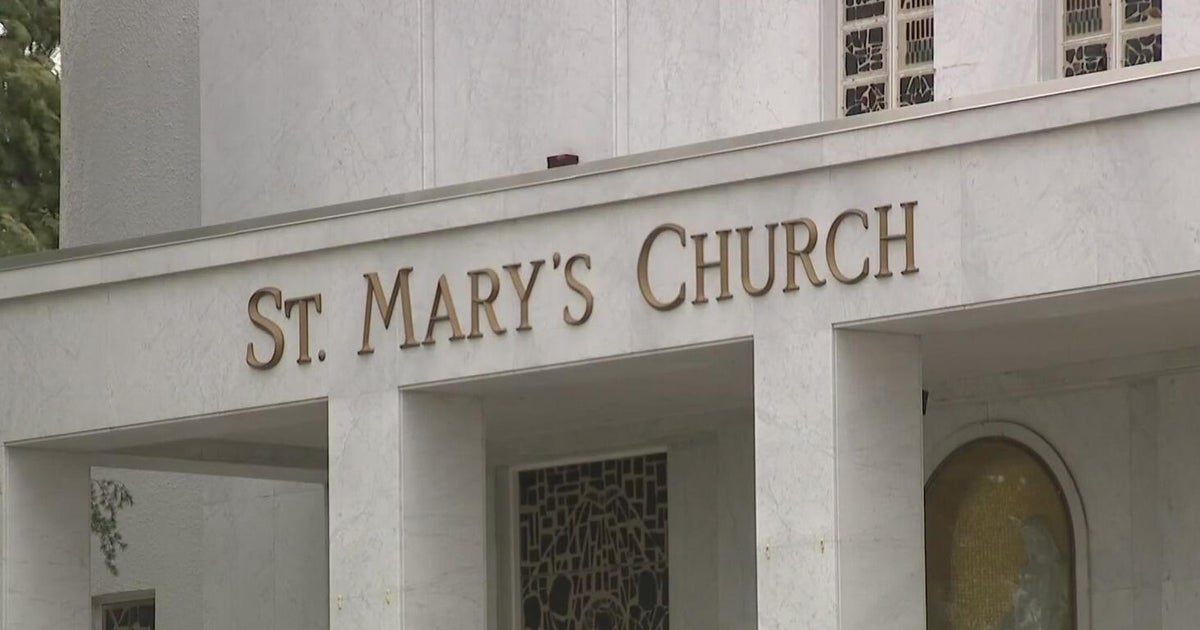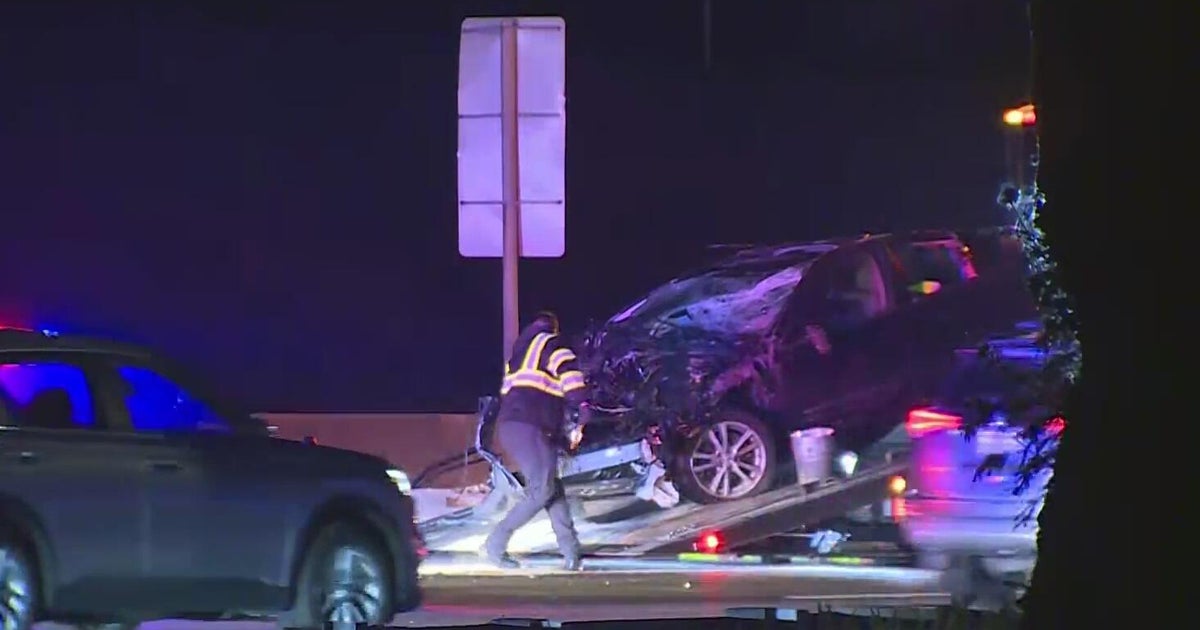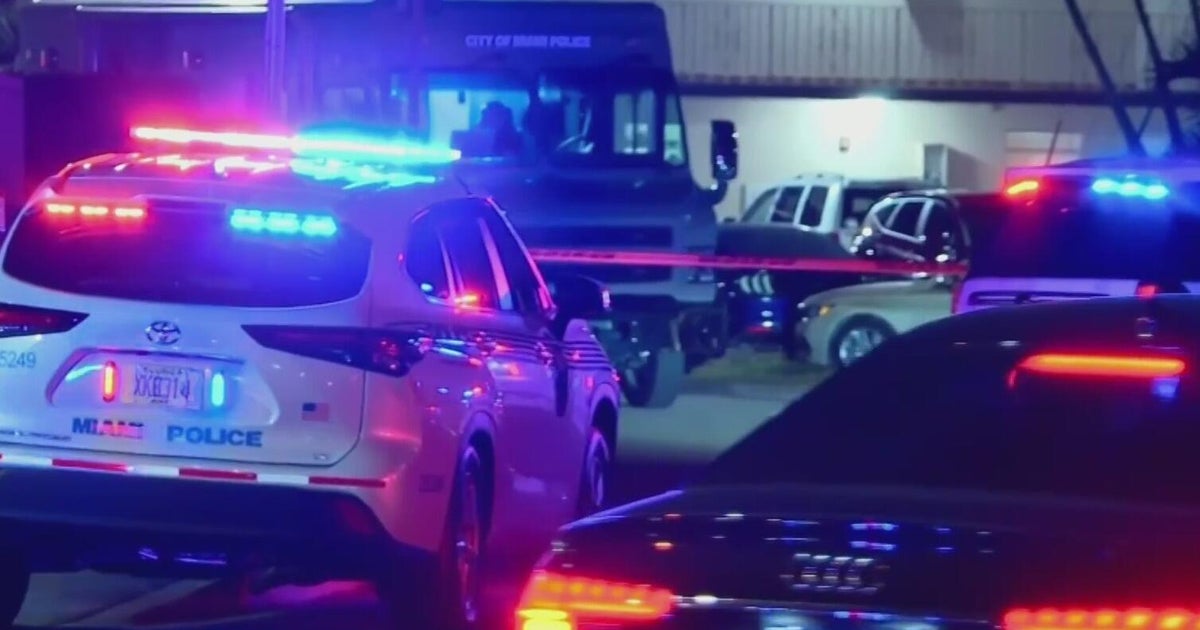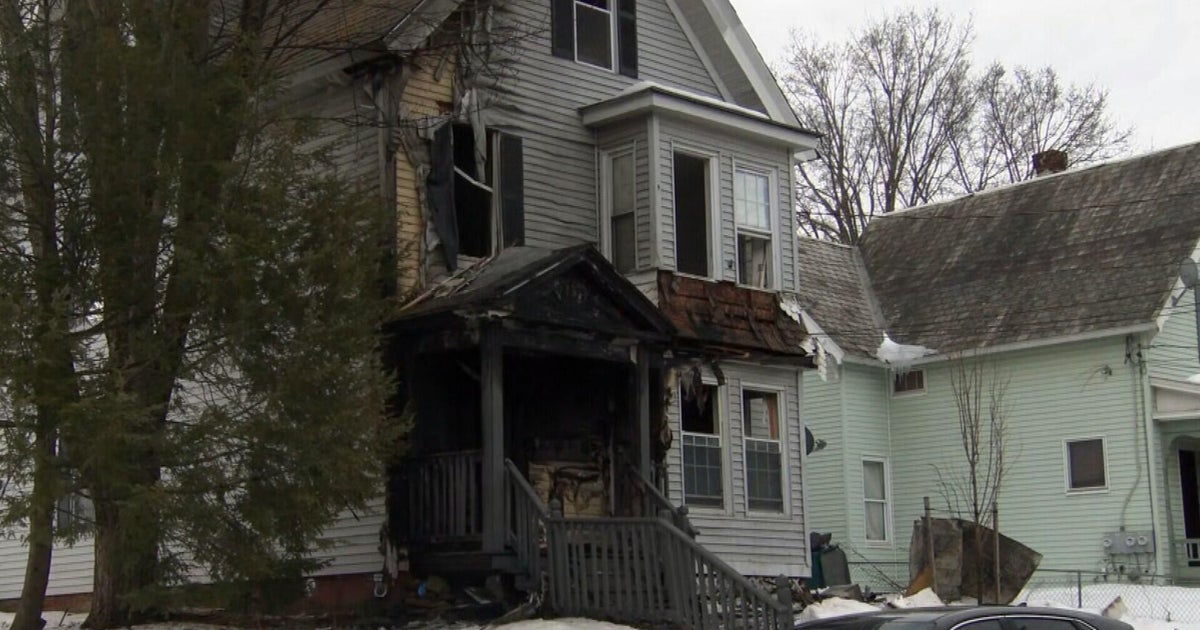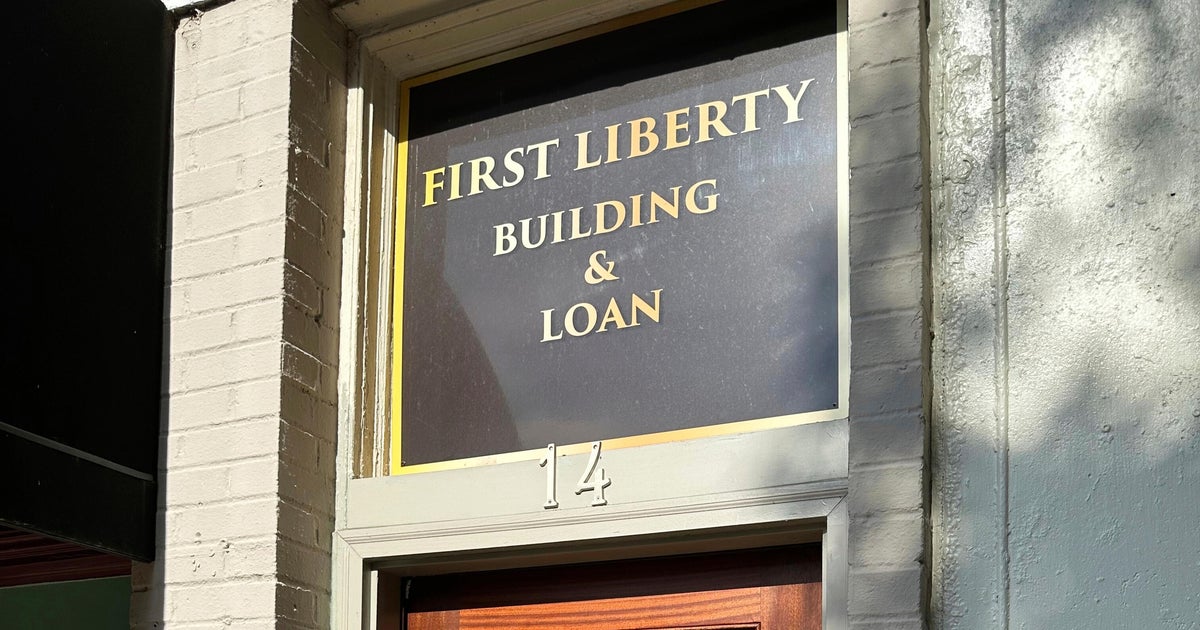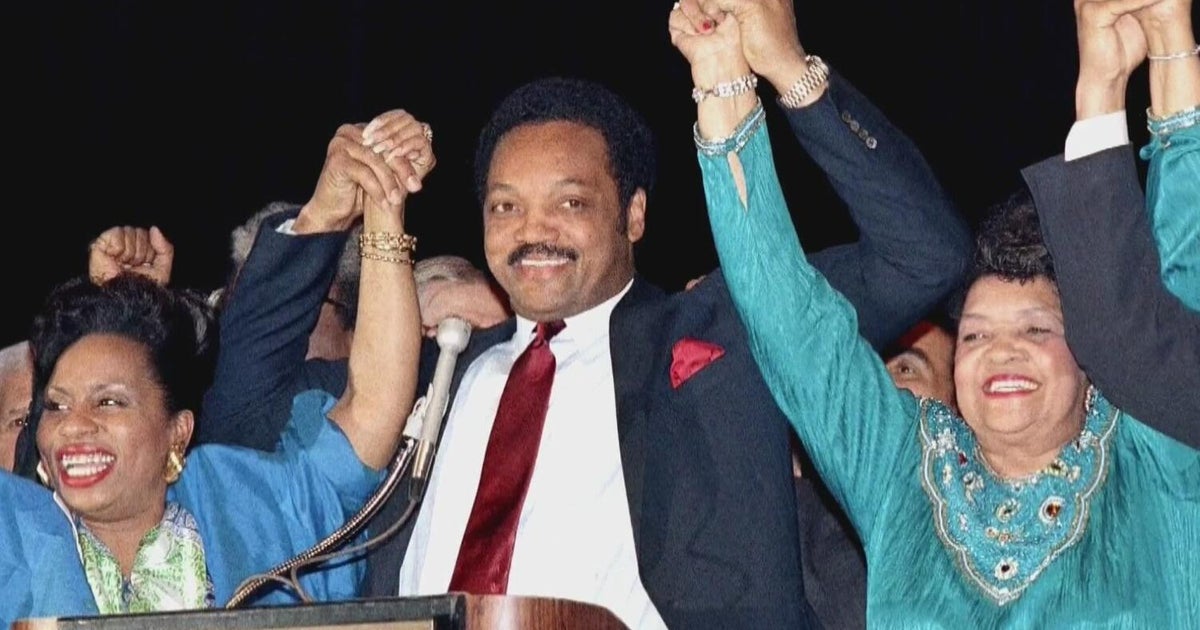"These are family members": Push underway to return tribal artifacts held by Sac State, other CSUs
SACRAMENTO – During a legislative hearing, tribal leaders joined legislators to question why the California State University system failed to repatriate nearly 700,000 Native American human remains and artifacts.
It is not merely a request.
"These are ancestors," said Assemblymember James Ramos, who represents San Bernardino. "These are family members."
An auditor uncovered multiple campuses that failed to comply with the federal and state Native American Graves Protection and Repatriation Acts. The laws lay out how to handle human remains and artifacts with dignity and respect. Violations can be criminal and civil.
In Sacramento State's case, it is ranked as having the third-largest collection by having more than 115,000 human remains and artifacts with only five percent repatriated.
So where are they? A spokesperson told CBS13 they are in storage.
In the hearing Tuesday, the university president said he is committed to timely and appropriate compliance while working with tribes.
"We owe the sovereign tribal nations of California a sincere and humble apology for how long they've been waiting for repatriation for their ancestors and cultural items," Sac State President Luke Wood said.
Some of the reasons for the delay, according to the audit reports, are a lack of policies, funding and staff.
For Chairman Jack Potter of the Redding Rancheria Tribe, it is not only about returning what rightfully belongs to California's first people.
"Each nation, we're going through a nation rebuilding, but if we can't get our ancestor back, we're not going to be a whole nation," he said.
Next, there will be a push for legislation to create a reporting system between CSUs and the legislature.
